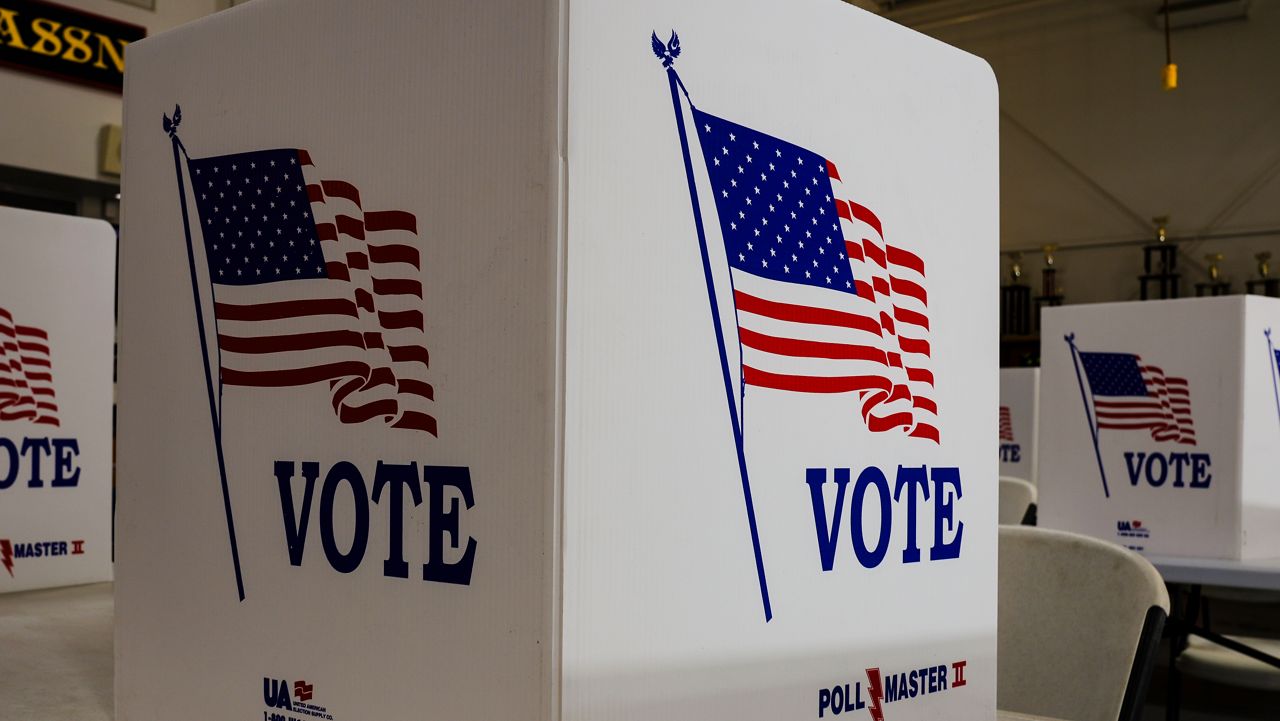ORLANDO, Fla. — As U.S. lawmakers continued to debate a $900 billion coronavirus relief package, the question of whether or not to extend the federal eviction moratorium still remained.
Lawmakers “remained divided” over whether to extend the moratorium currently set to end Dec. 31., according to The Washington Post.
What You Need To Know
- Up to 40 million U.S. renters could lose their homes in the new year
- Lawmakers “divided” over extending eviction moratorium.
- Declaration form renters need to submit to landlords to be protected under CDC order: https://www.cdc.gov/coronavirus/2019-ncov/downloads/declaration-form.pdf
If lawmakers decide not to extend the moratorium set forth in September by the Centers For Disease Control and Prevention (CDC), up to 40 million U.S. renters could lose their homes in the new year, according to an analysis of U.S. Census data published in August by The Aspen Institute.
The uncertainty is leaving many Floridians in the lurch.
“It’s a choice: rent, food, or lights,” said Bathsheba Collingwood, a single mother of three who rents an apartment on Mercy Drive in Orlando.
Collingwood was facing eviction until late October, when court records show she successfully filed for an emergency motion to pause her case.
That emergency motion was granted thanks to the CDC’s order, which protects eligible renters from being evicted due to nonpayment of rent until Dec. 31. The order was established to prevent the further spread of COVID-19.
But protection under the order isn’t automatic: renters have to know to fill out and submit a declaration form to their landlords, and landlords are allowed to challenge the validity of that form in court.
Despite the CDC’s order, evictions have persisted across the country, with landlords finding workarounds to evict tenants, a USA Today investigation found.
In Collingwood’s case, she and her landlord were accepted into Orange County’s eviction diversion program, which pays landlords directly up to $4,000 of a tenant’s past due rent if they agree not to evict the tenant during the following sixty days.
But on Dec. 7, Collingwood’s landlord gave her a three-day notice to pay everything she owes – just over $5,000 – or lose her apartment. The landlord wrote on the notice that they still hadn’t received funds from the eviction diversion program. Money can take up to four weeks after an application is accepted to get to the landlord, according to a confirmation email Collingwood received from the county on Nov. 18.
Unlike some other states with moratoriums still in place, Florida allowed its state moratorium on evictions to expire on Sept. 30. The Eviction Lab at Princeton University created a COVID-19 Housing Policy Scorecard to track the ways different states are protecting tenants from eviction during the pandemic. Florida has just a half a point on its scorecard, out of five possible points.
As federal lawmakers remained undecided about whether or not to extend the moratorium on Friday, Collingwood expressed concern for the future of her three children, ages 17, 13 and 2.
“For a child, that’s a traumatic experience,” Collingwood said. “You never know what that will do to a child: going from being in a stable home to being in a car, or being in a hotel, being split up from their parents.”
She said she’s already seen neighbors getting evicted from her apartment complex, where some residents stopped paying rent over the summer in protest of poor living conditions. Collingwood herself said she and her children have felt ill due to the mold in her apartment.
Although she brings in some income working as a delivery driver for a nearby restaurant, Collingwood said it’s nowhere near enough to catch up on her back rent and secure a sustainable future for her family.
“I think to make America have to choose between the essentials, it’s just really barbaric,” Collingwood said. “Those are essential things that we need. We need a roof, we need lights and we need food in order to live. That’s the bare necessities.”
Collingwood said the eviction moratorium should remain in place until after the pandemic.
“Isn’t that exactly what you’re trying to prevent – people catching [the coronavirus] and spreading it, [and] potentially dying?” Collingwood said.
Molly Duerig is a Report for America corps member who is covering affordable housing for Spectrum News 13. Report for America is a nonprofit national service program that places journalists in local newsrooms to report on undercovered issues.









